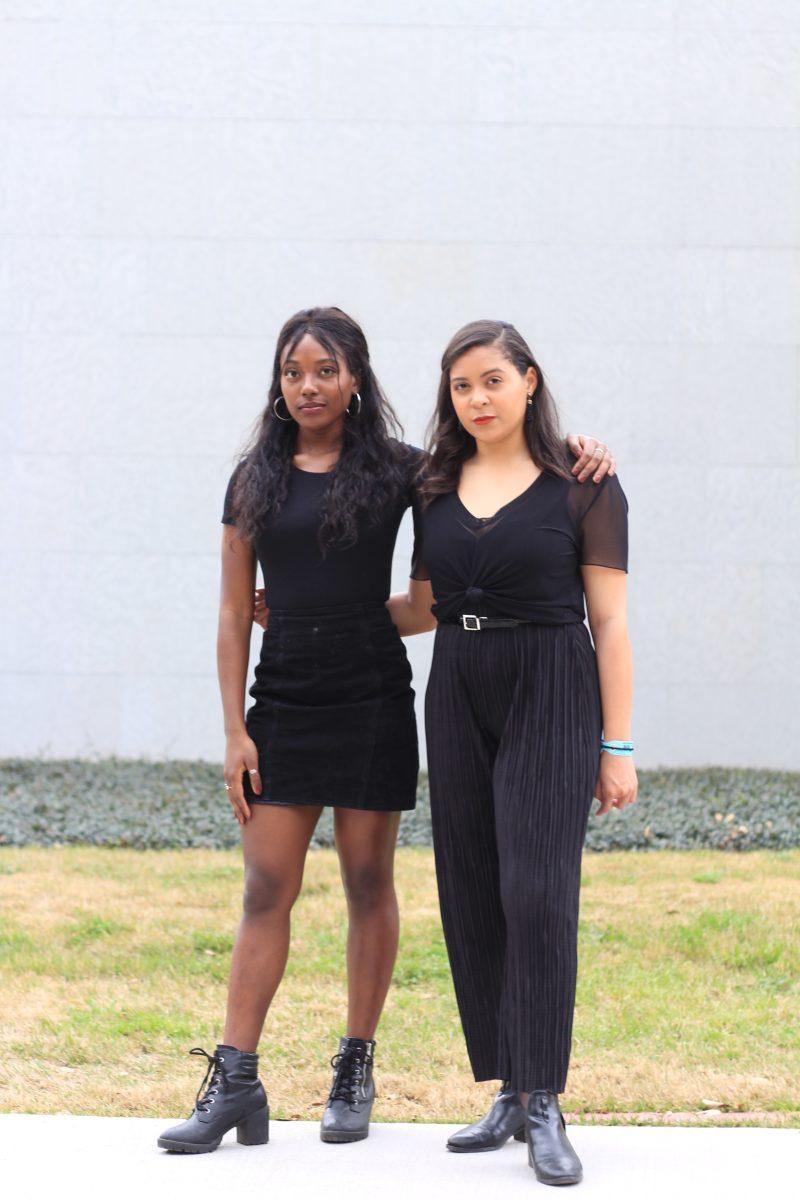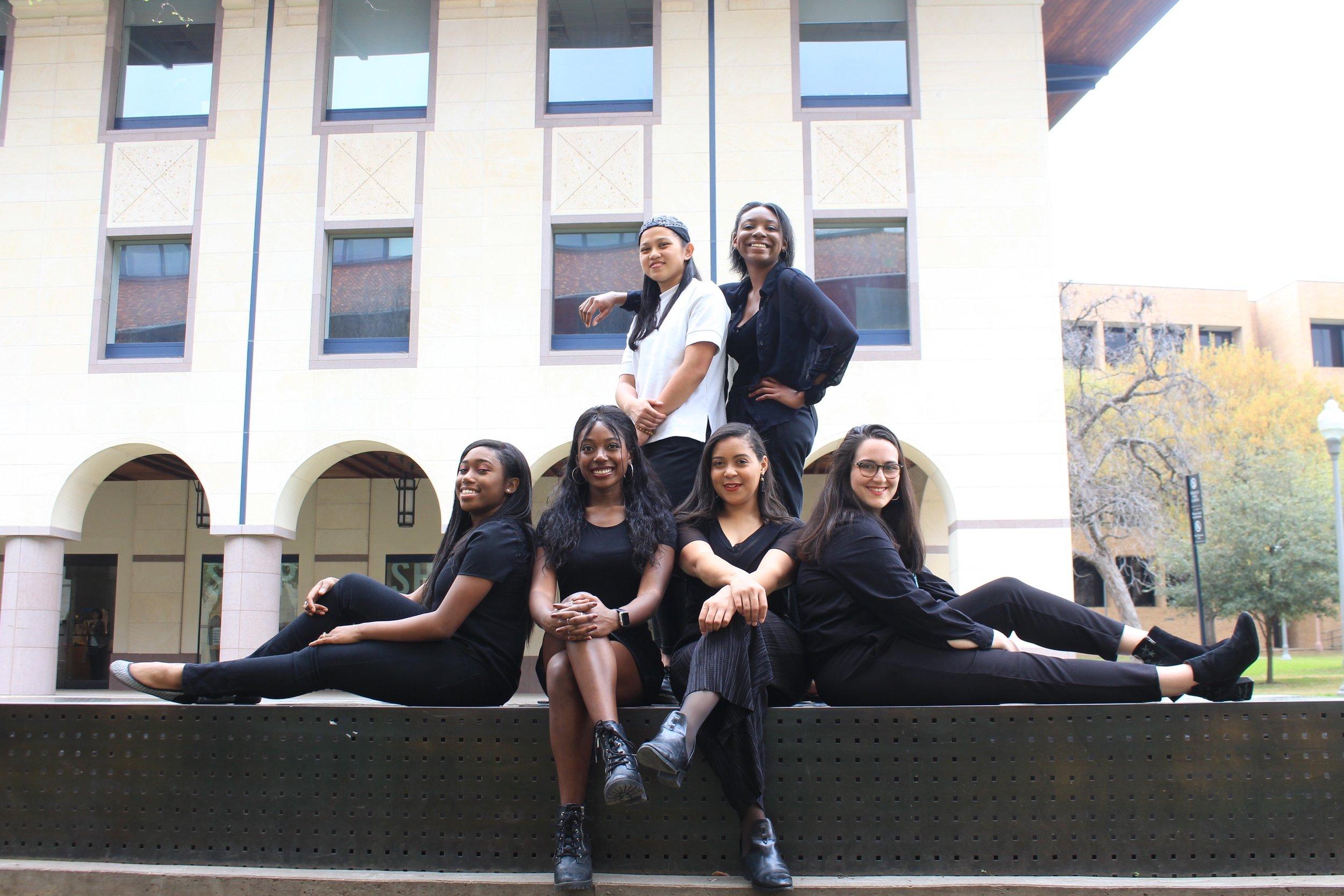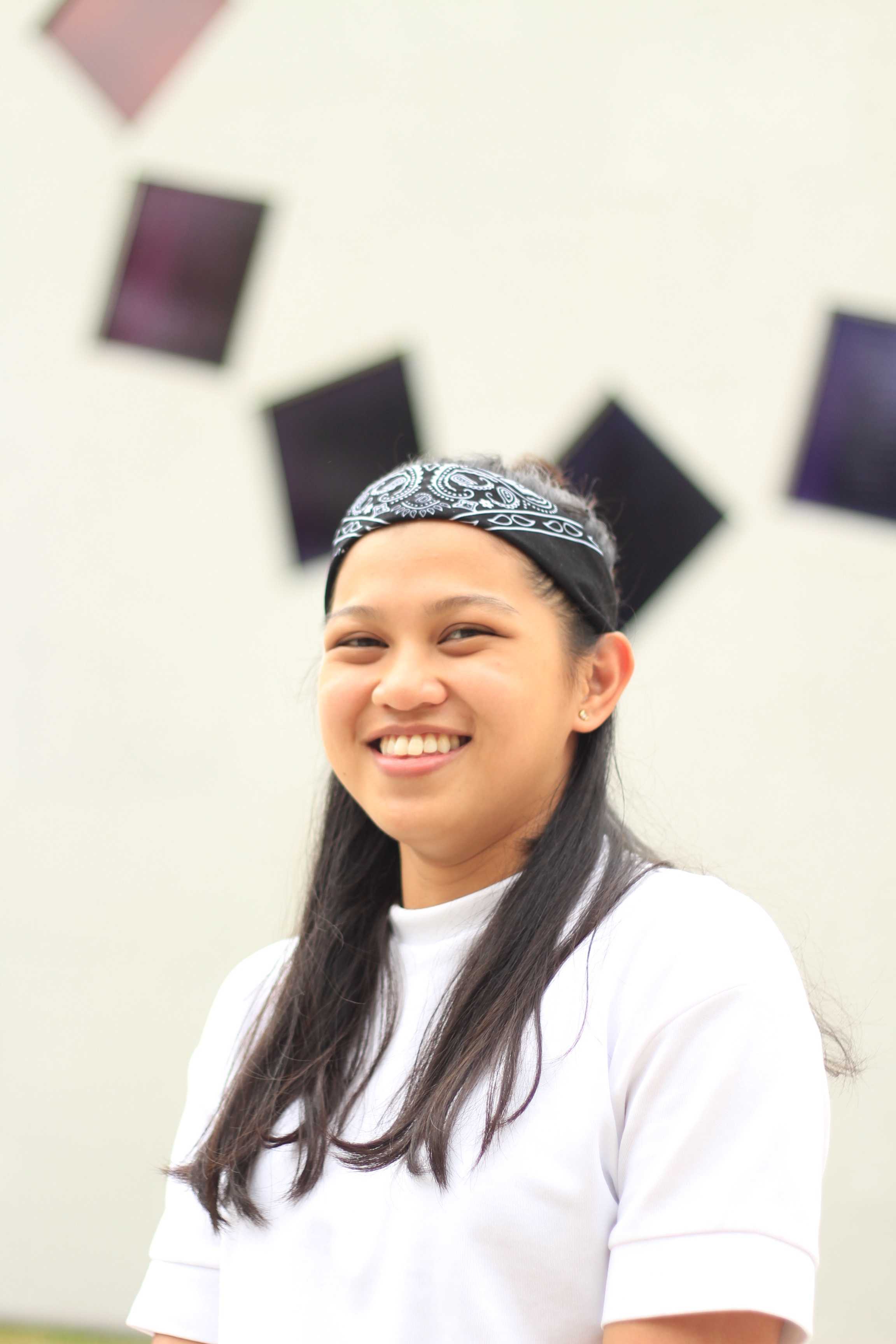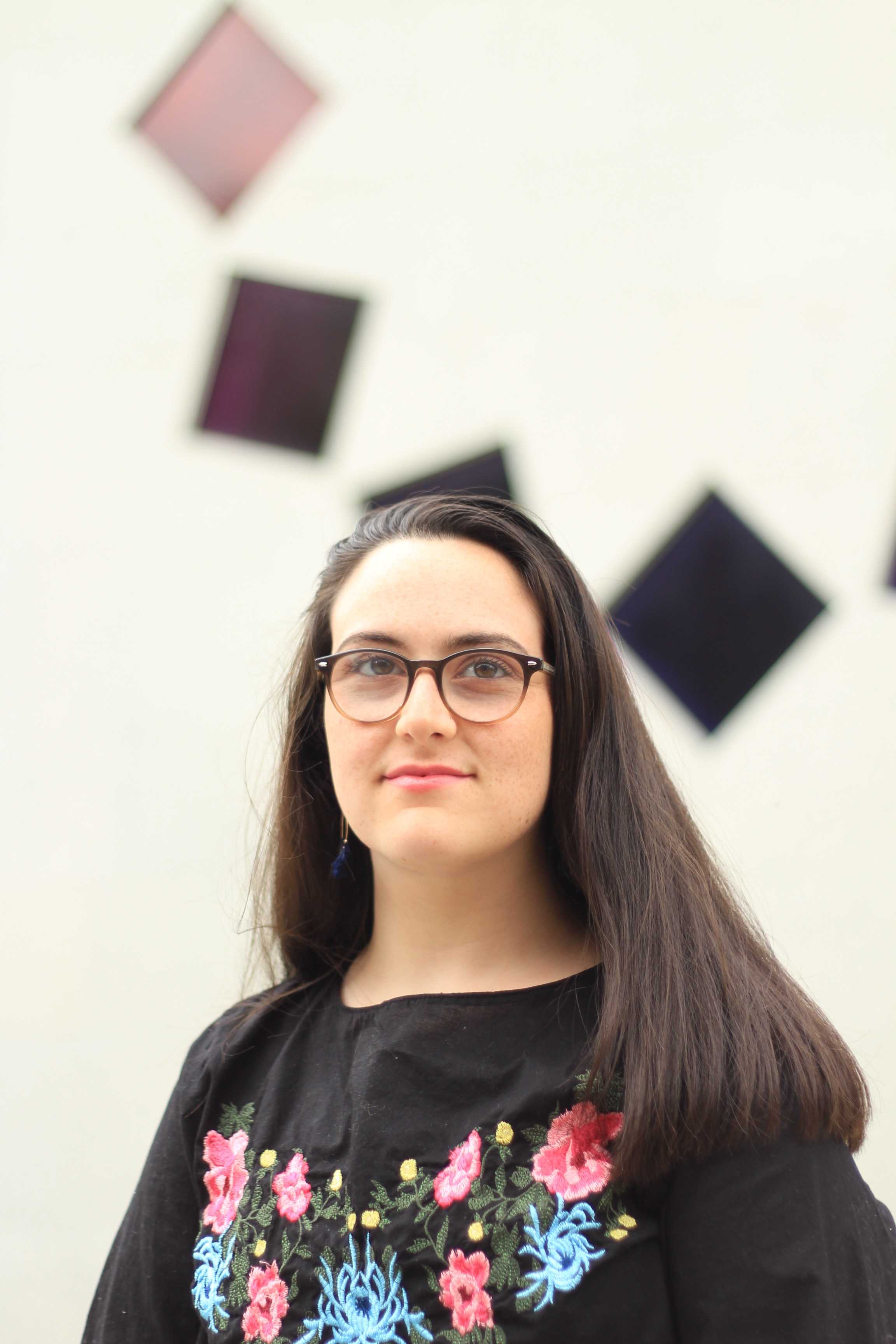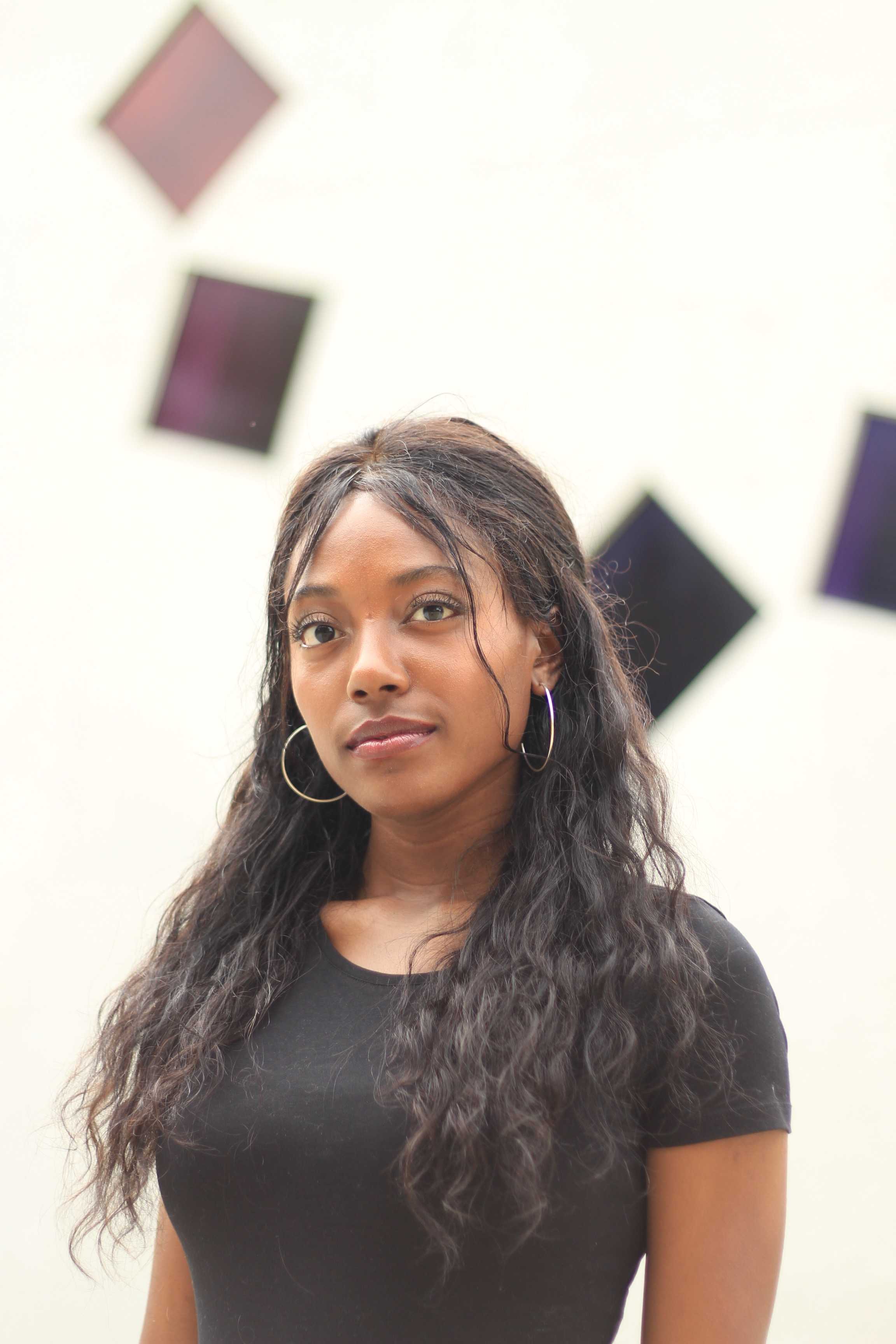All the women that worked so hard to make this film happen, believe that the movie is something truly unique and special as it transcends boundaries of what are typical rules known in the movie industry.
Storytelling is a gift, and making stories for the big screen is the product of talent, hard work and a lifetime of experiences. “Epilogue” is the story that Radio Television and Film seniors Eboni Ellinger and Jordan Auzenne chose to tell in a short film for the University of Texas at Austin undergraduate film thesis.
Story by Rachana Jadala
Photos by AJ Lazo-Kim
When Ellinger and Auzenne found out that they were accepted to the undergraduate thesis program, they were thrilled. The process to get into the program is rigorous since director/producer pairs generally apply by putting together a developed proposal. Ellinger included the script that she wrote and Auzenne put together other proposal materials such as a budget and a schedule. Auzenne recalls how “a black women pair had never been chosen before, and that their story is also the first black story to be told” for the undergraduate thesis. “It was kind of infuriating, but also an honor,” Auzenne says. “This program has existed for a while. And there is no single person to blame but this does say something about UT and RTF.”
Jordan Auzenne and Eboni Ellinger, women producer and director duo, redefine the standards of creating a film that fits within society’s expectations. The two girls work attentively actively paying attention to detail and fill the movie with symbolism.
Film is not very accommodating to black women, and UT represents the best and the worst of the film industry as a whole. Even though UT provides students with resources, education and professional exposure, the environment can still feel discouraging.The majority of award winning films are created, produced and directed by white people, disproportionate to the general population. To combat this issue Auzenne and Ellinger agreed to prioritize diverse talent in their filmmaking.
Auzenne was focused on having a diverse crew and specifically incorporating more black women in the project. “I was very meticulous about asking women to be a part of the project as soon as possible” Auzenne says.
The film itself explores the themes of loss, daughter-father relationships and more. “This is a personal story so I am looking forward to sharing that,” Ellinger says. “It pulls from my personal experiences with my own father and how I thought that I wouldn’t get all these experiences with my dad and luckily he is okay now but we used that moment to create this script.”
As the director, Ellinger says she learned a lot from this experience. “I was worried coming on to set that I would be too nervous,” Ellinger says. “I am really proud of the girl who came on to set and was a good leader and did a wonderful job.”
Ellinger and Auzenne have worked tirelessly to create a film that would not only reflect well on the university and their own careers, but also for black women in film everywhere. Shot in February, the film will enter the festival circuit and the public hands, leaving the “Epilogue” team with some decisions to make. “One of the hardest parts of this is ‘do we emphasize the fact that this film opened doors for women of color?’ or ‘do we keep a universal message?’. Because ultimately we want resources for the people who worked on the project and I don’t want to turn donors or contributors away but we do want to pull the right people in and use this film to encourage other black girls to share their story,” Auzenne says.
“Epilogue” will have a screening on campus at Hogg Auditorium on May 17.































